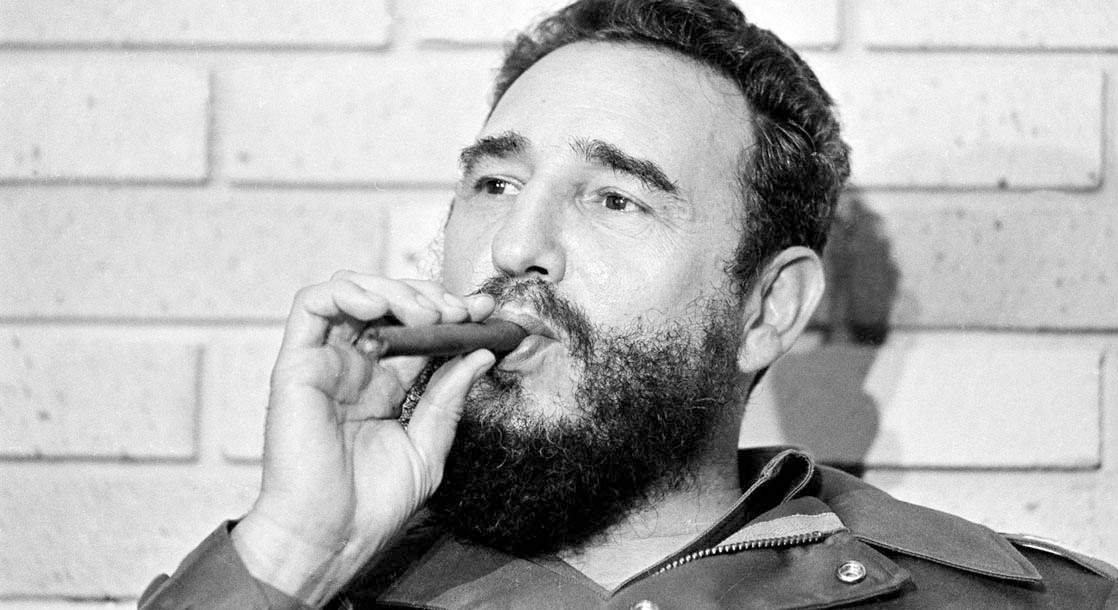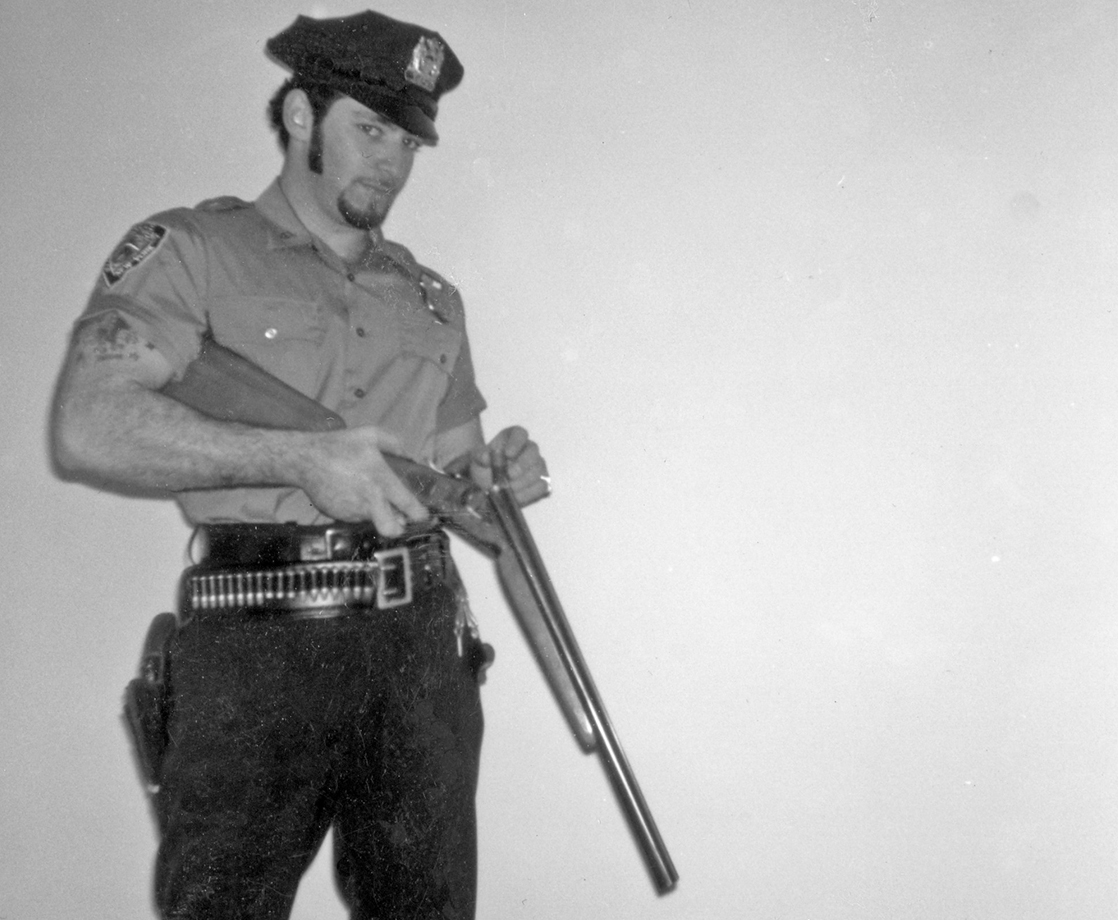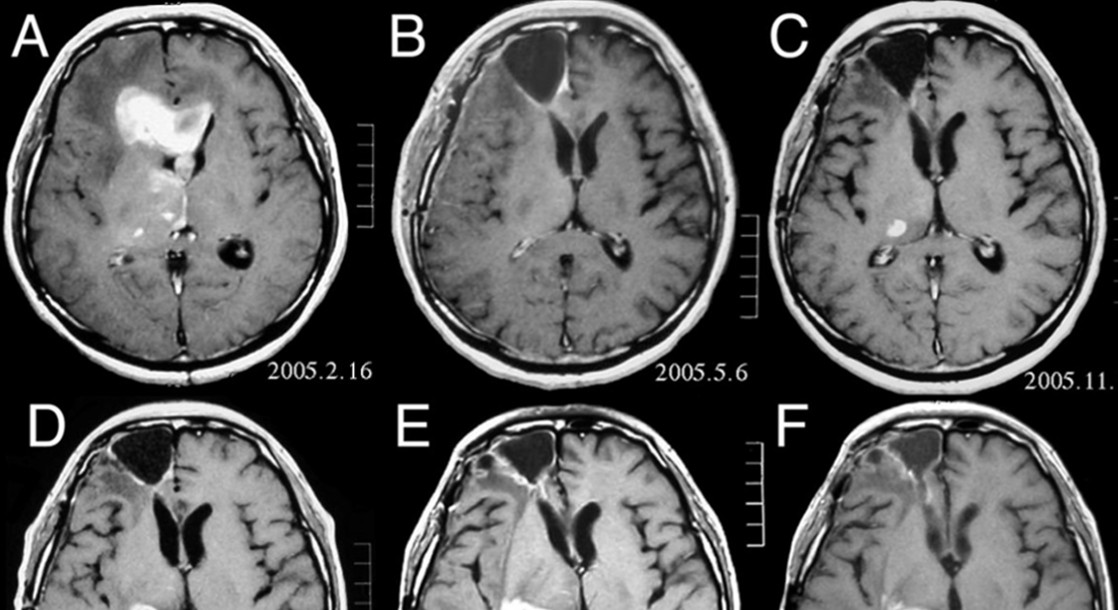On Friday, Fidel Castro, the Cuban leader and revolutionary who became one of the longest-serving heads of state, died at 90 year old.
Born the son of a wealthy sugar farmer, Castro rose to power on New Year’s Day in 1959, when he helped lead a successful revolution that overthrew the quarter-century dictatorship of Fulgencio Bastista.
With his anti-imperialist beliefs, Castro studied law at the University of Havana before assisting in the overthrow of such right-wing governments of the Dominican Republic and Columbia. He was imprisoned for a year after a failed overthrow of Cuba’s Batista in 1953.
Castro spent a year in prison before traveling to Mexico and forming the 26th of July Movement with his brother and successor Raúl Castro and renowned revolutionary Che Guevara. They returned to Cuba to launch a guerrilla war against Batista and eventually overthrew the government in 1959.
The United States government opposed Castro’s rule and attempted to remove him from power by assassination, economic blockade, and the disastrously failed Bay of Pigs invasion in 1961.
The following year, during the Kennedy Administration, Castro aligned himself with Russia and allowed them to place nuclear weapons on the tiny island nation just 90 miles from the U.S. border, which brought the world to the brink of nuclear war, an event known as the Cuban Missile Crisis.
Under Castro’s reign, Cuba became the first one-party socialist state under Communist rule in the Western Hemisphere. He expanded healthcare and education while controlling the media and suppressing any form of internal dissent.
Castro’s critics, mainly in the United States, cited numerous human rights abuses throughout his term. Many world leaders, including Venezuela’s Hugo Chavez and Africa’s Nelson Mandela, lauded his policies.
In 2006, Castro transferred power to his brother Raul, who formally assumed the presidency in 2008.
President Obama sought to mend failed Cold War-era policies towards the nation throughout 2016. The first direct mail flights between the two countries in nearly 50 years happened in March just before the re-opening of the American Embassy in Havana.
The cause of Castro’s death is not immediately clear although the leader was known for his declining health. He was cremated on the 26th as mixed reactions to his death come from both sides of the political spectrum in the United States.
Read @POTUS’s statement on the passing of Fidel Castro: https://t.co/ihVoLdqbRQ pic.twitter.com/sPZfvpeQVB
— The White House (@WhiteHouse) November 26, 2016
Fidel Castro is dead!
— Donald J. Trump (@realDonaldTrump) November 26, 2016











